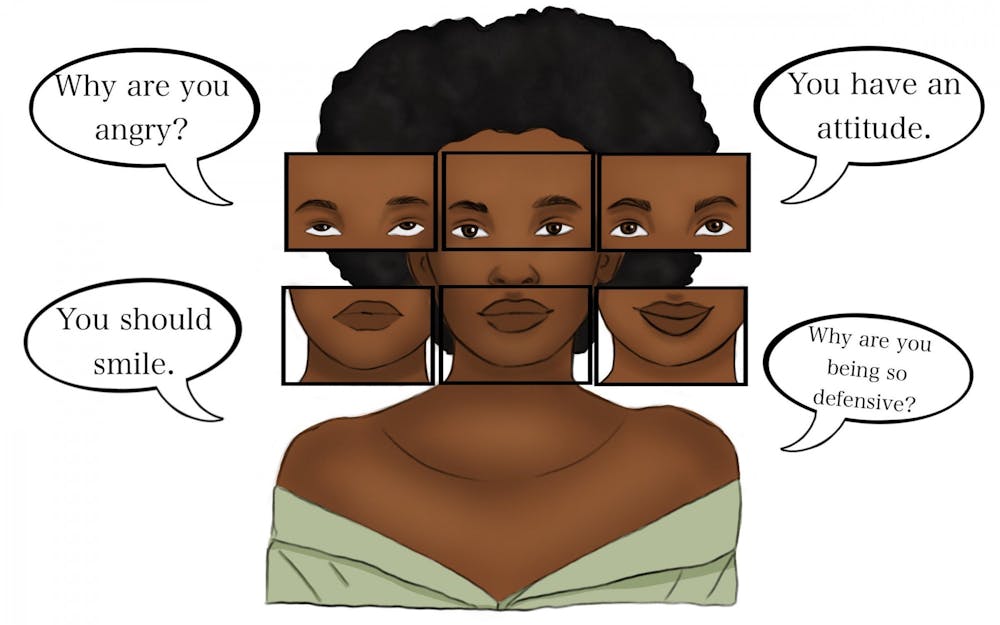Kamala Harris made history with her status as the first Black woman to be elected vice president of the U.S.
With her status as a Black woman, she is more likely to be burdened with generalized, insensitive comments that stigmatize marginalized groups. Not even the vice president is immune to these microaggressions.
The Angry Black Women stereotype is commonly weaponized against Kamala Harris, and the Black community as a whole.
This stereotype is one of many that skews society’s view of Black women. The anger of a Black woman is held to a different standard than the anger of anyone else — even when the anger is justified. Black women often hide their emotions to protect their reputation and avoid being silenced. In an audio study done by Pennsylvania State University graduate student Elaine C. Dicicco, participants listened to clips of Black and white female actresses. The actresses were instructed to speak in both angry and neutral tones as they were interviewed about stress in the workplace. The study found that participants viewed the Black actress as more hostile than the white actress.
As a Black woman in politics, Vice President Harris can't just argue as an individual. Harris has to work harder than her white male counterparts to be taken seriously.
According to a study done by Lean In and McKinsey and Co., 40% of Black women in corporate America feel the need to provide further evidence of competence because of microaggressions. Black women have to work harder to “prove” themselves as capable people for the workplace.
This microaggression doesn't stop in the workplace or politics. It goes beyond and affects the daily and personal life of Black women across the nation. The damage done from constant exposure to microaggressions may carry over to how Black women present themselves in day-to-day life.
A study done by researchers at Columbia University in 2013 found racism can cause trauma that results in low self-esteem. The portrayal of violent and angry Black women is a misrepresentation and can easily create a complex of low self-esteem, which further develops into an aversion to expression in young Black women.
IU freshman Zaria Ward has experienced this stereotype throughout college.
“I find that I’m always cautious when talking around new people out of fear of judgment,” Ward said.
For many Black women, constantly having to watch their tone, correct their faces and apologize for self-expression is exhausting — eventually some turn to silence.
Individualism becomes muted, creativity becomes dulled and feeling anger becomes taboo.
“Overcoming fear of judgment becomes a lot easier when I realize that anyone who doesn’t understand that our anger is justified doesn’t deserve to have a conversation with me in the first place,” Ward said.






